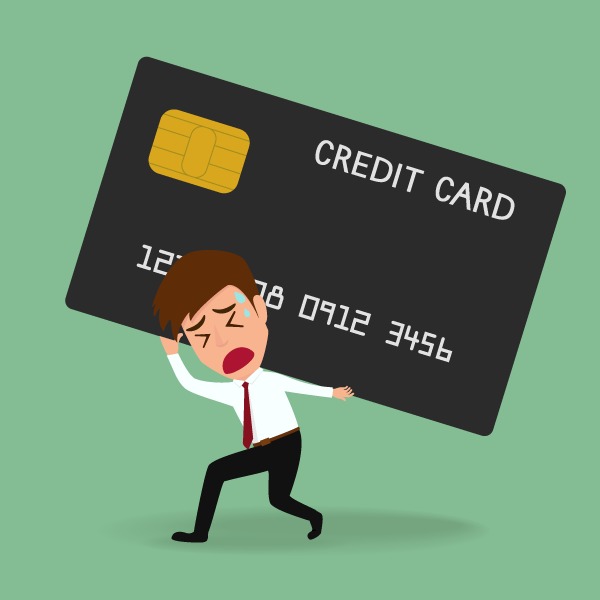
Follow WOWNEWS 24x7 on:

As credit card usage surges across India, a troubling trend is emerging: millions of users are falling into a financial trap by paying only the minimum amount due on their monthly bills. Recent data reveals a sharp rise in delinquencies, underscoring the urgent need for better financial literacy and responsible credit behavior.
Current landscape and alarming figures
- Credit card delinquencies in India have jumped 44 percent year-on-year, reaching a staggering ₹33,886 crore as of March 2025
- Of this, ₹29,983.6 crore stems from payments delayed between 91 and 180 days, indicating prolonged financial stress
- The number of credit cards in circulation crossed 10 crore by September 2024, up from 9.3 crore the previous year
- Portfolio at Risk (PAR) for accounts overdue by 91–180 days rose to 8.2 percent in March 2025, compared to 6.9 percent a year earlier
Understanding the minimum payment trap
- The minimum amount due is typically 2–5 percent of the total outstanding balance
- While paying this amount avoids late fees and keeps the account active, it does not stop interest from accruing
- Interest rates on unpaid balances can exceed 40 percent annually, compounding debt rapidly
- Users often mistake the minimum due as a safe payment strategy, unaware that it leads to mounting interest and long-term financial strain
Why young borrowers are most at risk
- Many young users are drawn to credit cards for their convenience, rewards, and lifestyle perks
- Lack of financial education leads to poor repayment habits, such as revolving balances and ignoring billing cycles
- Easy access to unsecured credit and rising consumer expenses further fuel the problem
- The habit of paying one card’s bill using another—via balance transfers or cash advances—adds to the risk of a debt spiral
Smart habits to avoid the trap
1. Pay your credit card bills in full each month to avoid interest charges
2. Keep your credit utilization below 30 percent of your total limit
3. Track spending and set usage alerts to prevent overspending
4. Understand your card’s terms, including hidden fees and billing cycles
5. Treat your credit card like cash—spend only what you can repay comfortably
Alternatives and solutions
- Consider converting large balances into EMIs to manage repayment over time
- Explore balance transfer options with lower interest rates, but read the fine print carefully
- Set up auto-payments or reminders to ensure timely bill payments
- If overwhelmed, contact your bank to negotiate a repayment plan or reduced interest rate
- Avoid using one credit card to pay off another unless it’s a structured transfer with clear terms
Conclusion
Paying only the minimum due may seem like a short-term relief, but it’s a costly mistake that can snowball into a debt crisis. With delinquencies on the rise and financial stress mounting, it’s crucial for credit card users to adopt disciplined repayment habits and understand the true cost of revolving debt. Financial awareness and proactive management are the keys to staying out of the trap—and keeping your credit profile clean and strong.
Source: Mint, MSN, Outlook Money, PaisaBazaar, The Indian Express

